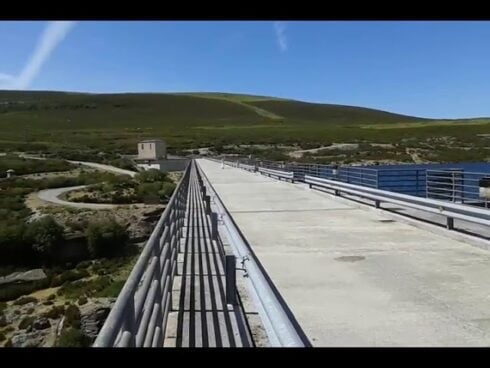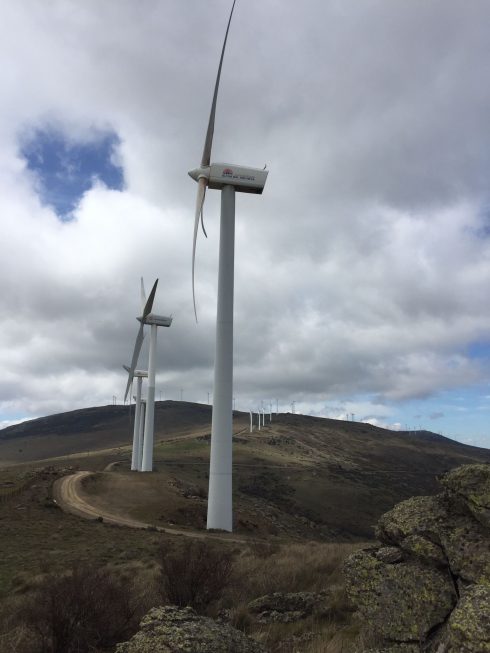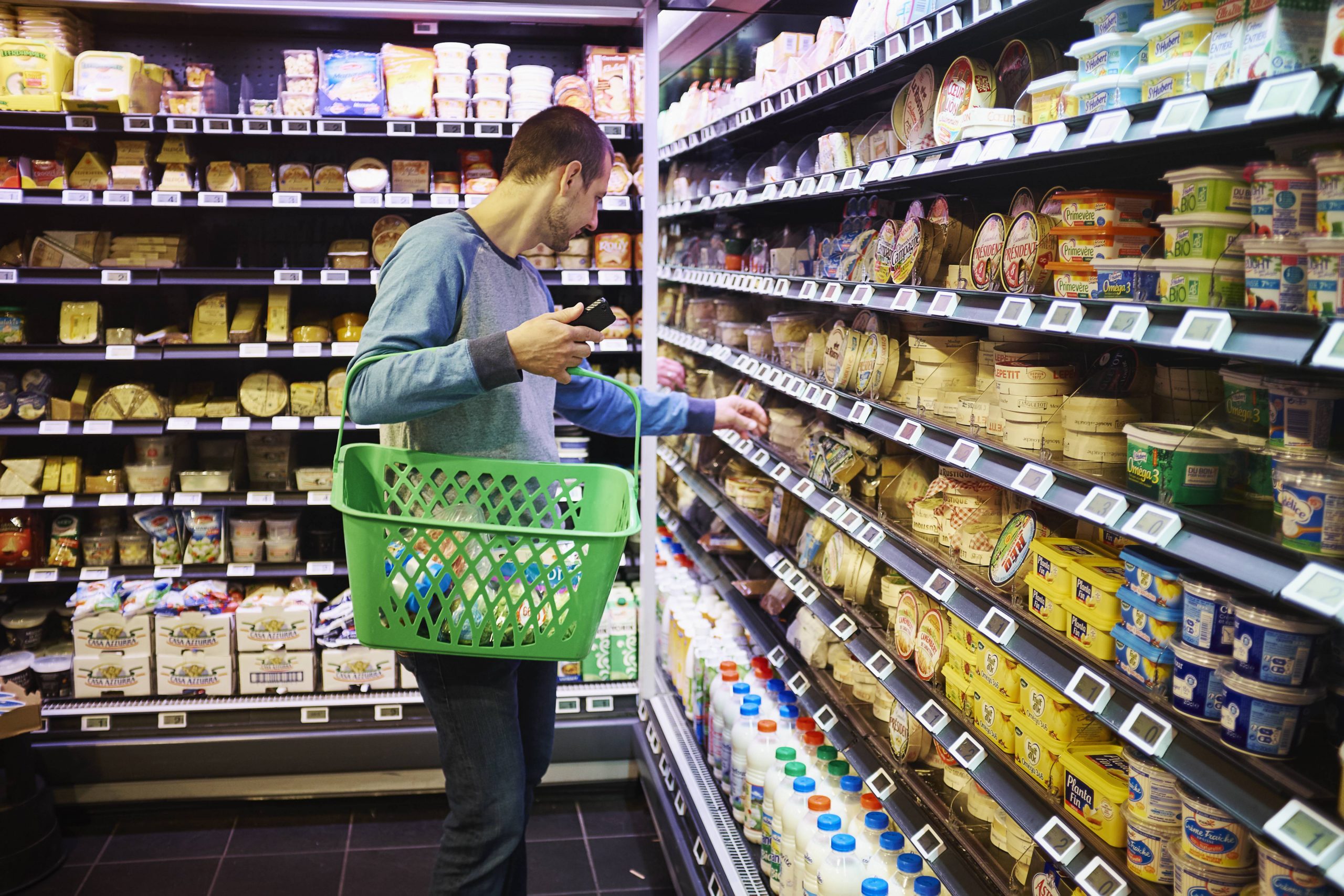SPAIN’S use of coal as an energy source almost doubled last year, according to the country’s national grid.
Although nuclear power remains the largest single contributor to Spain’s power supply (21 per cent), the contribution of coal-fired plants increased from eight per cent to 15 per cent.
The significant 96.3 per cent increase is due to both a decline in hydraulic production and an increase in subsidies for the coal industry.
The environmental cost of the increase is a 25 per cent rise in CO2 emissions in 2011 compared to 2010.
The combined contribution to the power supply of Spain’s renewable sector – including wind, hydraulic, geothermal and solar – fell from 36 to 33 per cent.









Thud thud, another nail in the planets coffin. Not even an attempt to push for carbon capture and storage technology, just shove another bucket of coal on the fire mother, while we all go to hell in a handcart.
What’s the alternative outside large towns and cities? Village and campo houses often do not have insulation or damp-proofing. Electricity is exorbitant, firewood is expensive, natural gas years away, ground and air source heatpumps economical folly and that’s if you have the land for the former. Grants for solar heating and hot water seem to have vanished. I wish it was easier to find decent coal.
This is about burning thousands of tons of coal in order to generate electricity, not in your grate to keep your bum warm, that’s a mere cinder in the great scheme of power. Stoke it up Ben, you aren’t the problem. By the way, all the “good” coal is used to make the turbines spin.
The alternative – simple, build houses from the right materials, which means abandoning dense concrete /re-inforced concrete and those awful cavity clay blocks.
Aercrete blocks are available now in Granada. You can buy both floor and roofing beams in this material – non flammable, absorb only 3 % moisture, impervious to insect attack.
Use free solar energy in winter and protect windows from the same in hot weather. Give real subsidies not eaten away by outrageous prices charged by ‘approved installers’ for solar heated hot water.
To create employment finance both solar and photo-voltaic industries.
Stop using water flushing toilets which use 40% of domestic water.
Set up village/town composting depots, properly set-up centres use little labour and the resulting product can be used to increase the fertility of the local land.
The only problem of course is vested interests – which means of course all these simple proven methods of construction and waste disposal will never be adopted.
What happened to the vast solar farms and wind turbine projects? I thought Spain was leading the way? Obviously not.
Fred,
take a look at the vast PV array up the road from Guadix or in Galicia for w/turbines or take a look at the FT archives and you will see that Spain leads the way.
Stuart, you’d better tell the OP that their article headline is wrong then, for they can’t be retreating and gaining with Green energy at the same time.
They are not wrong but the PP is pulling back on the subsidies and new installations – their friends own the coal mines.